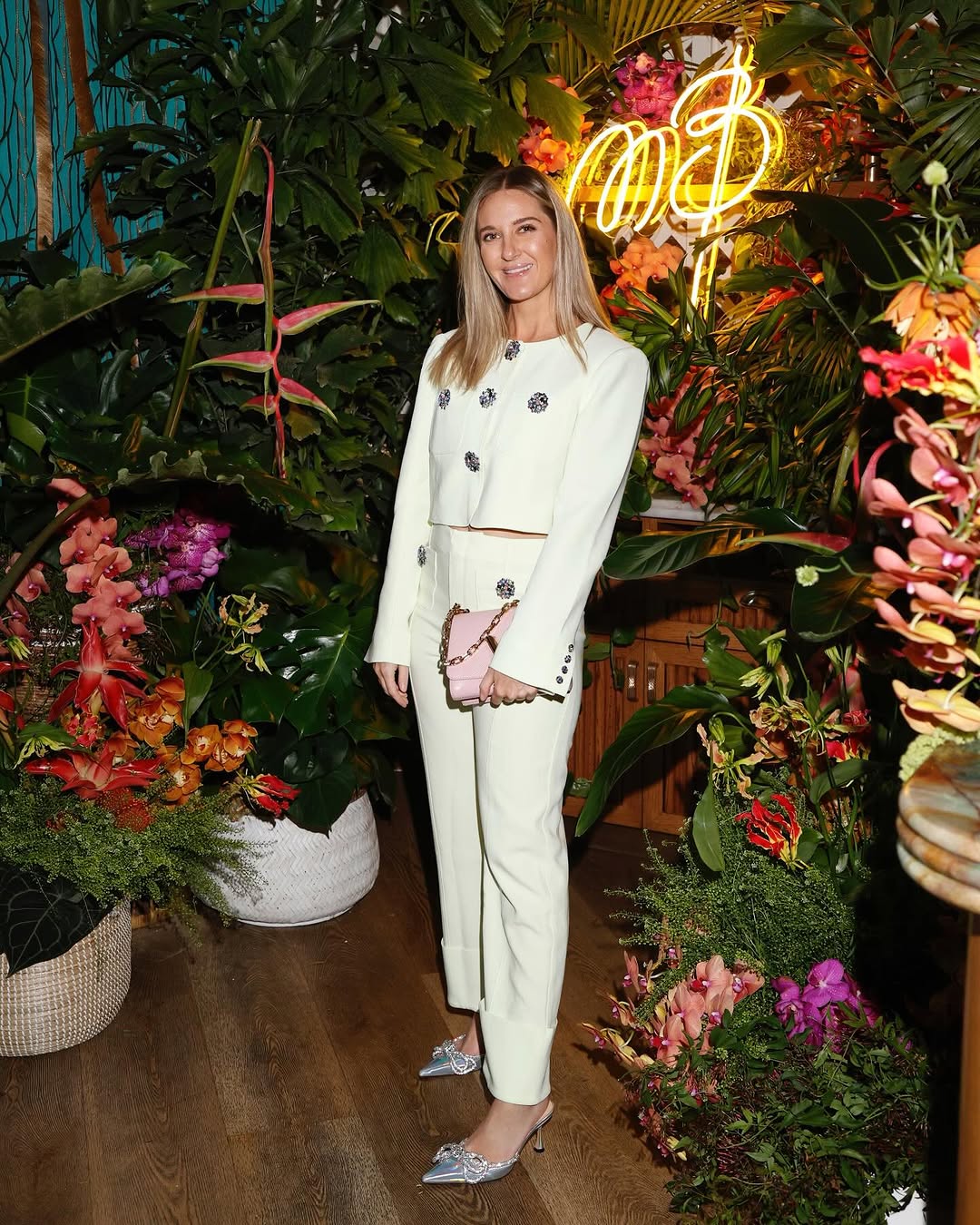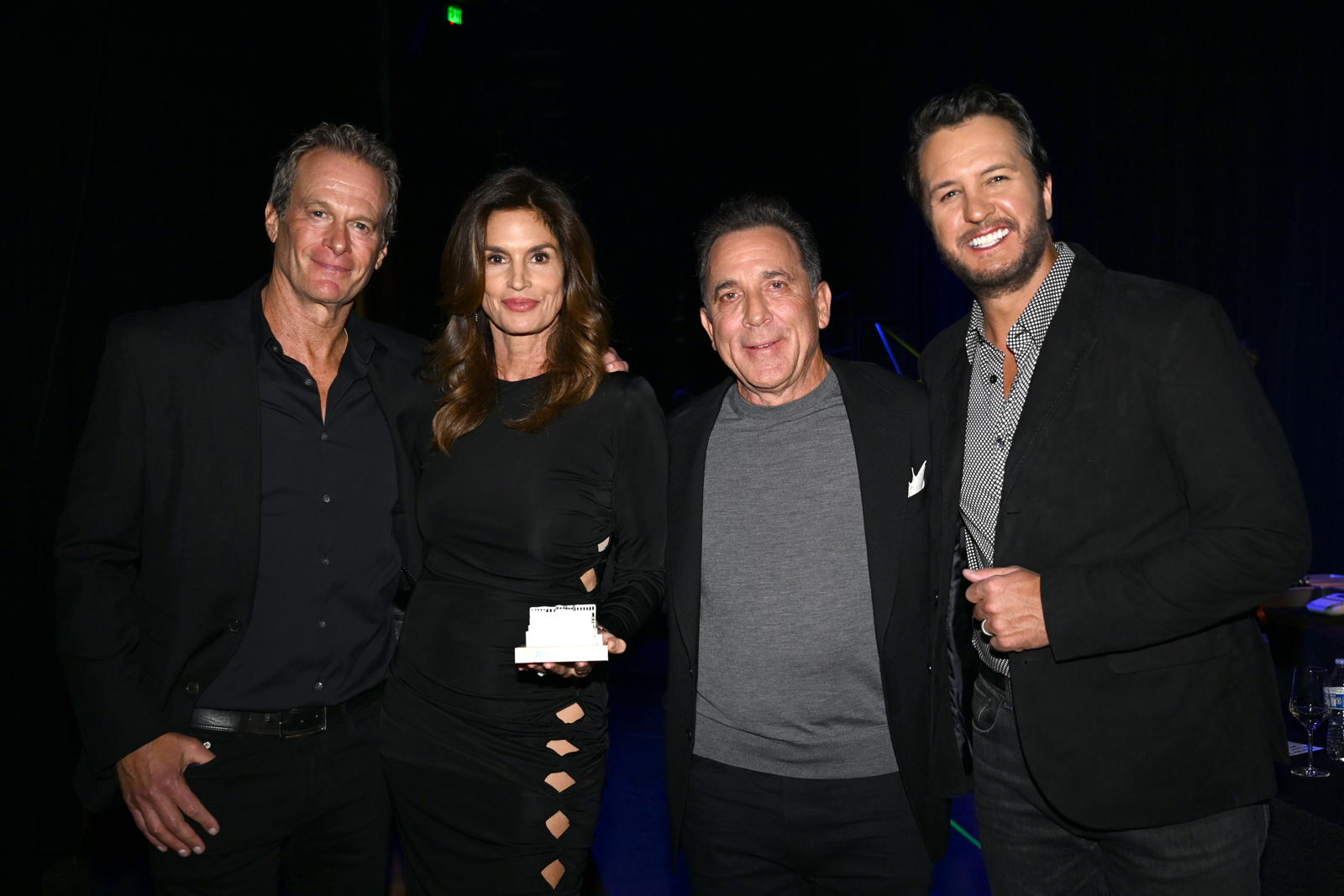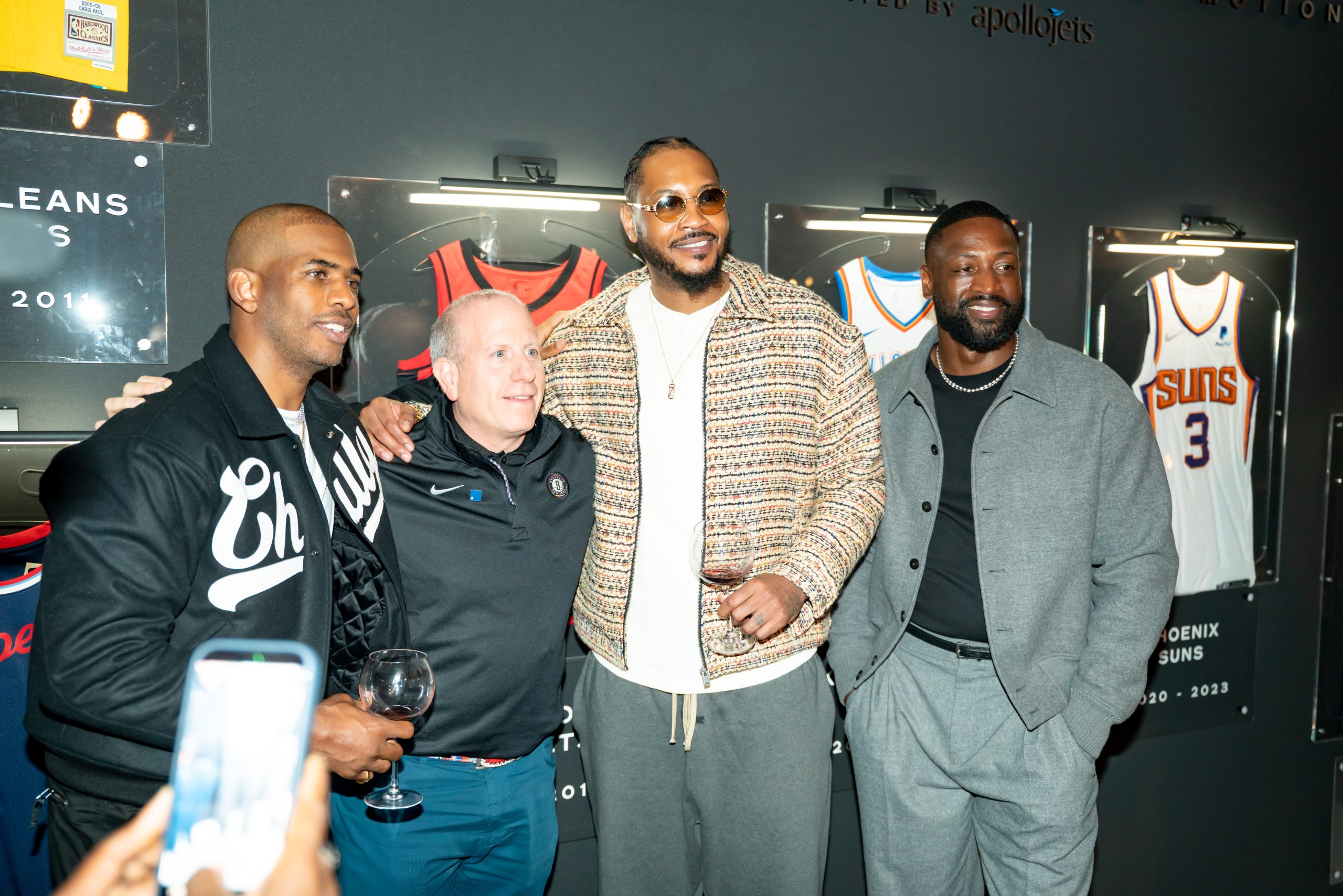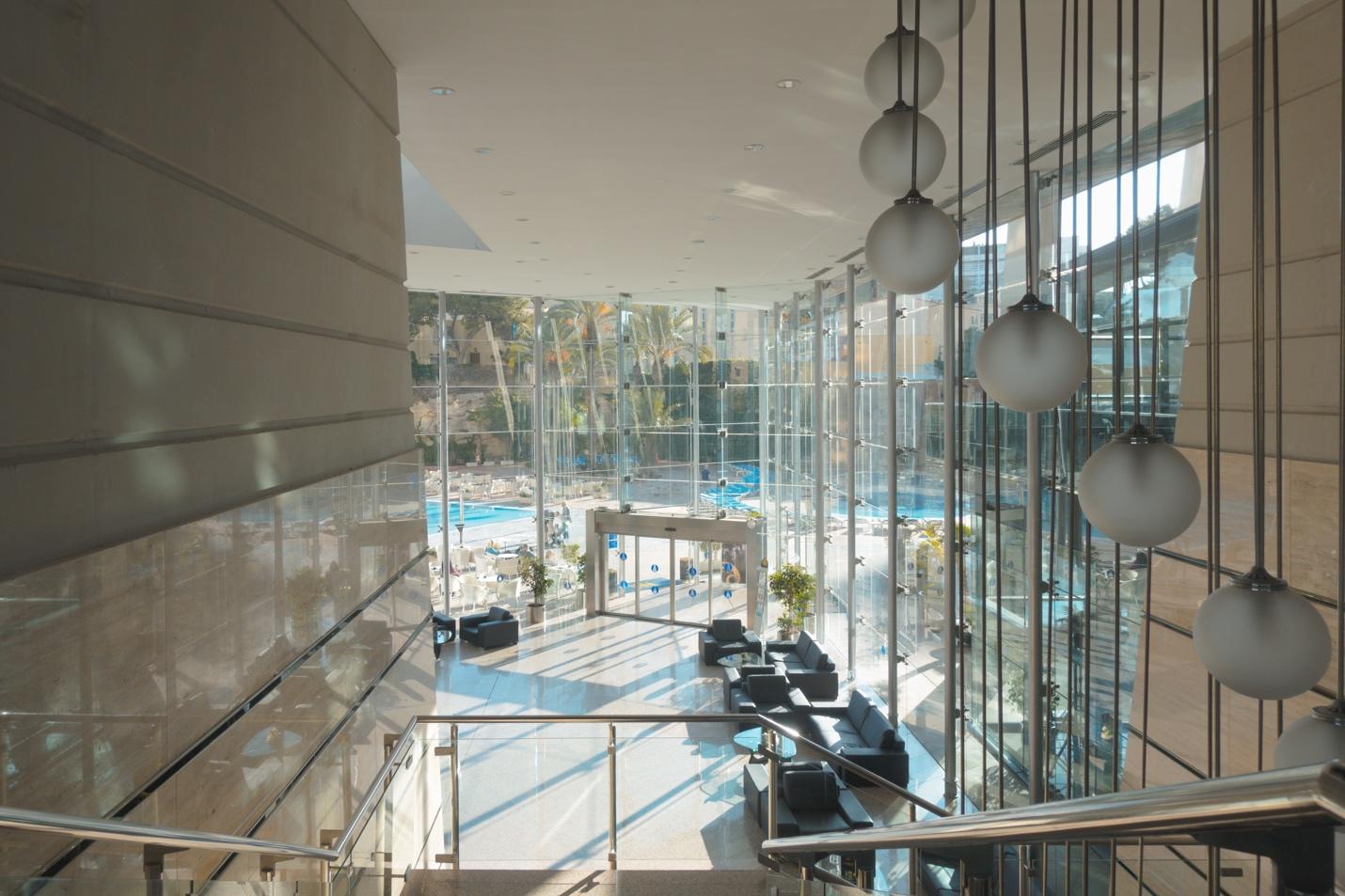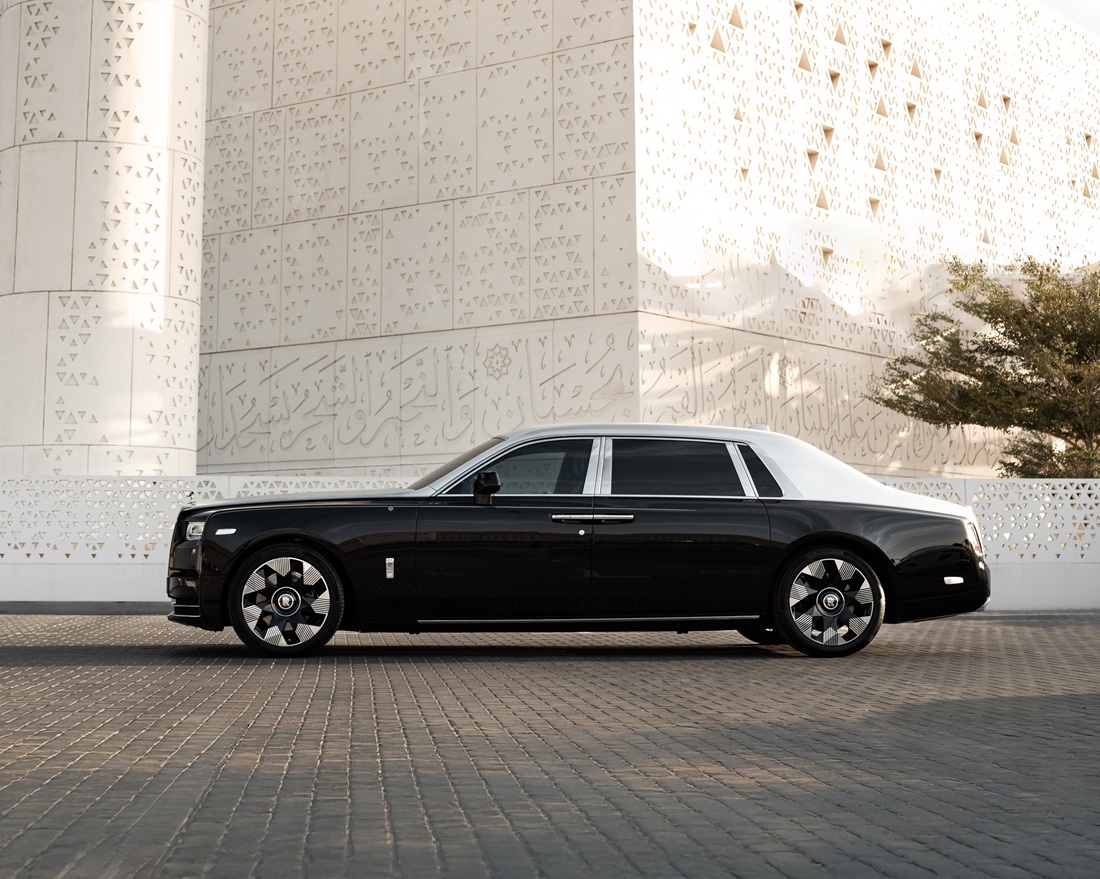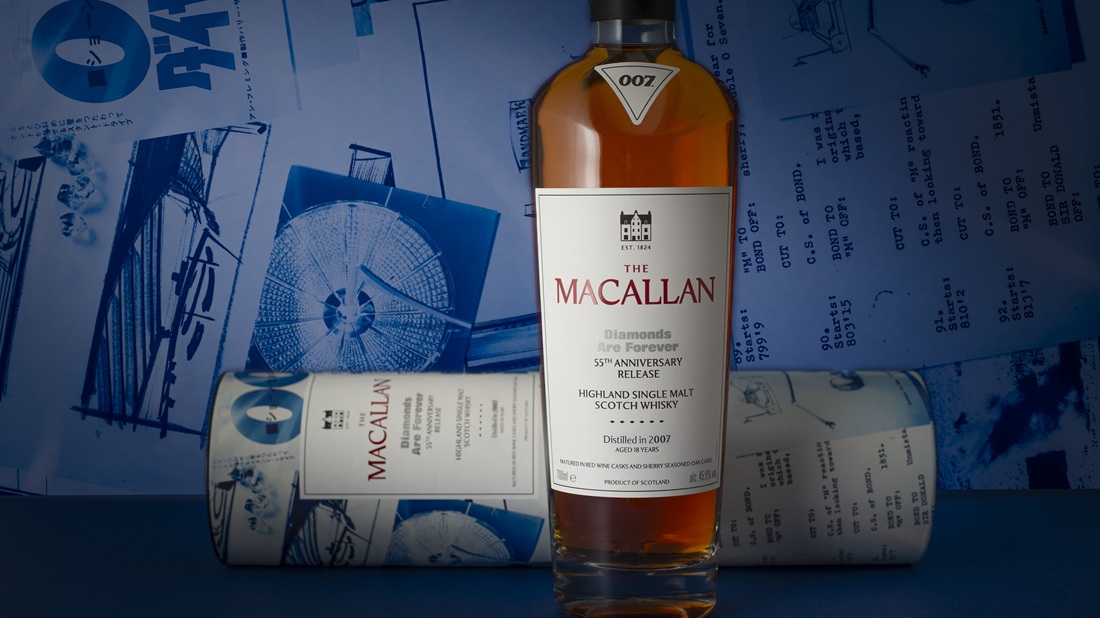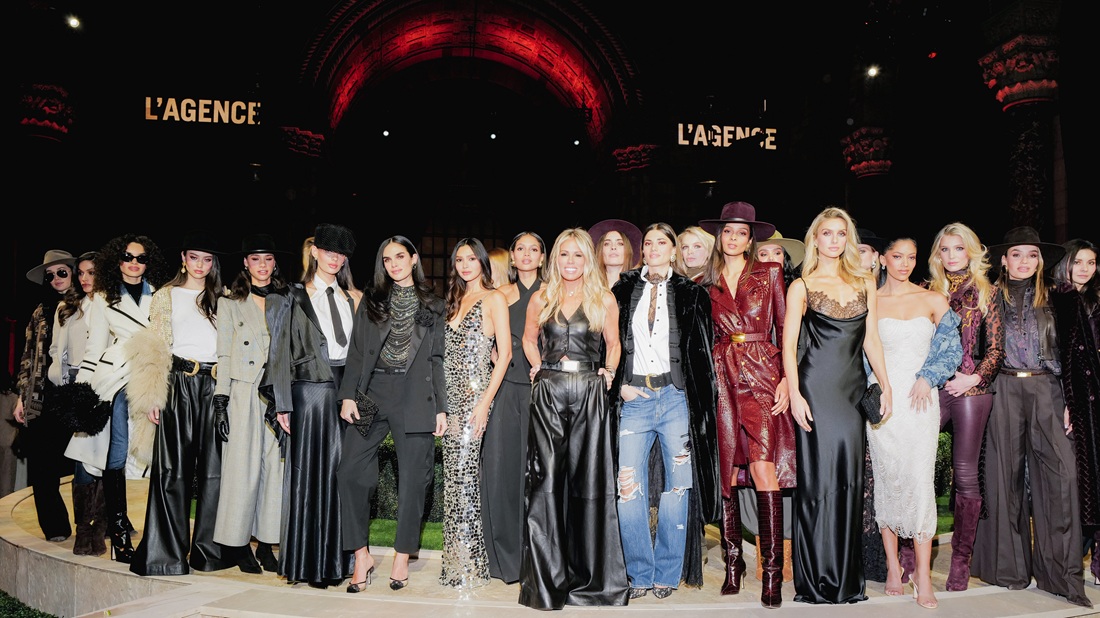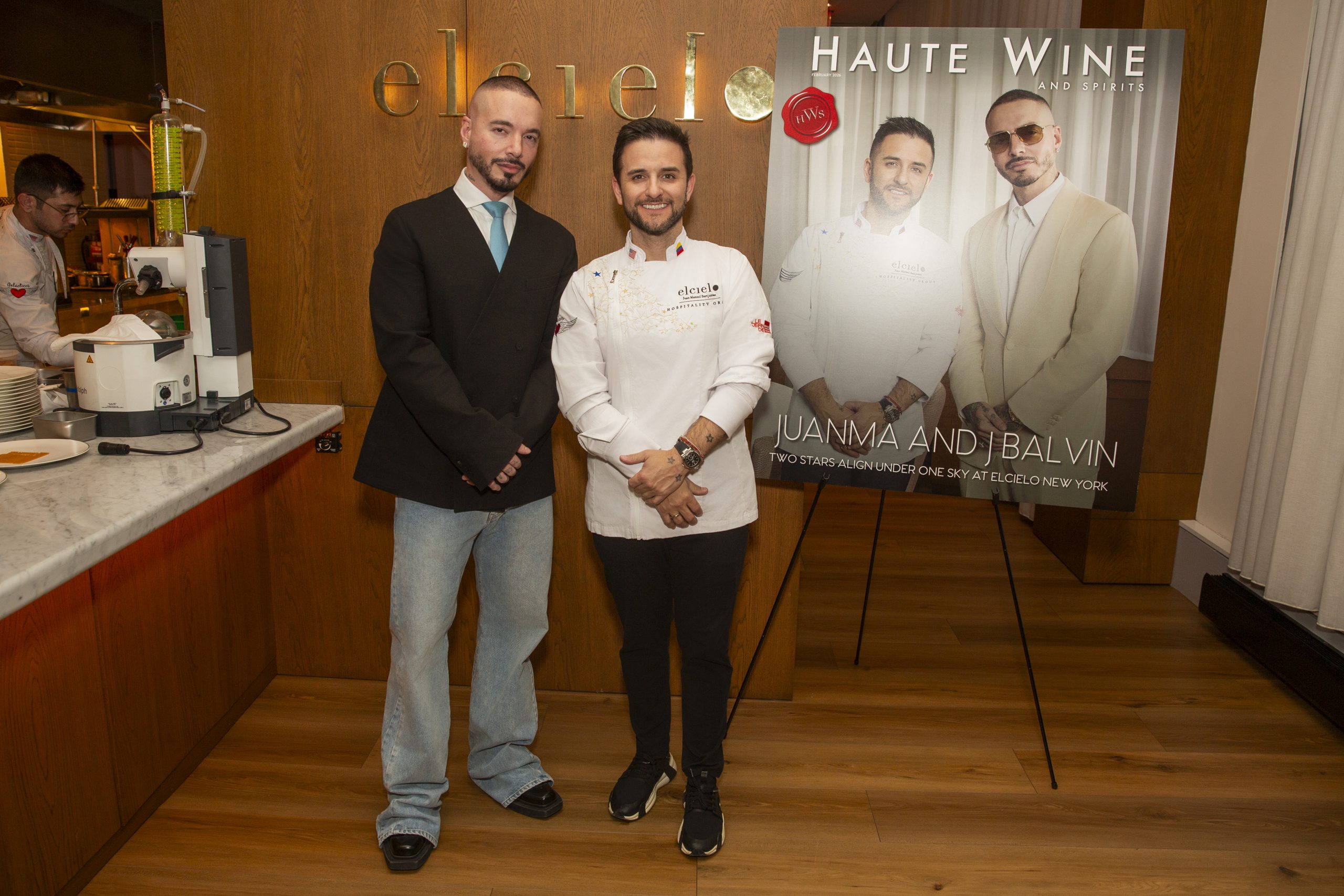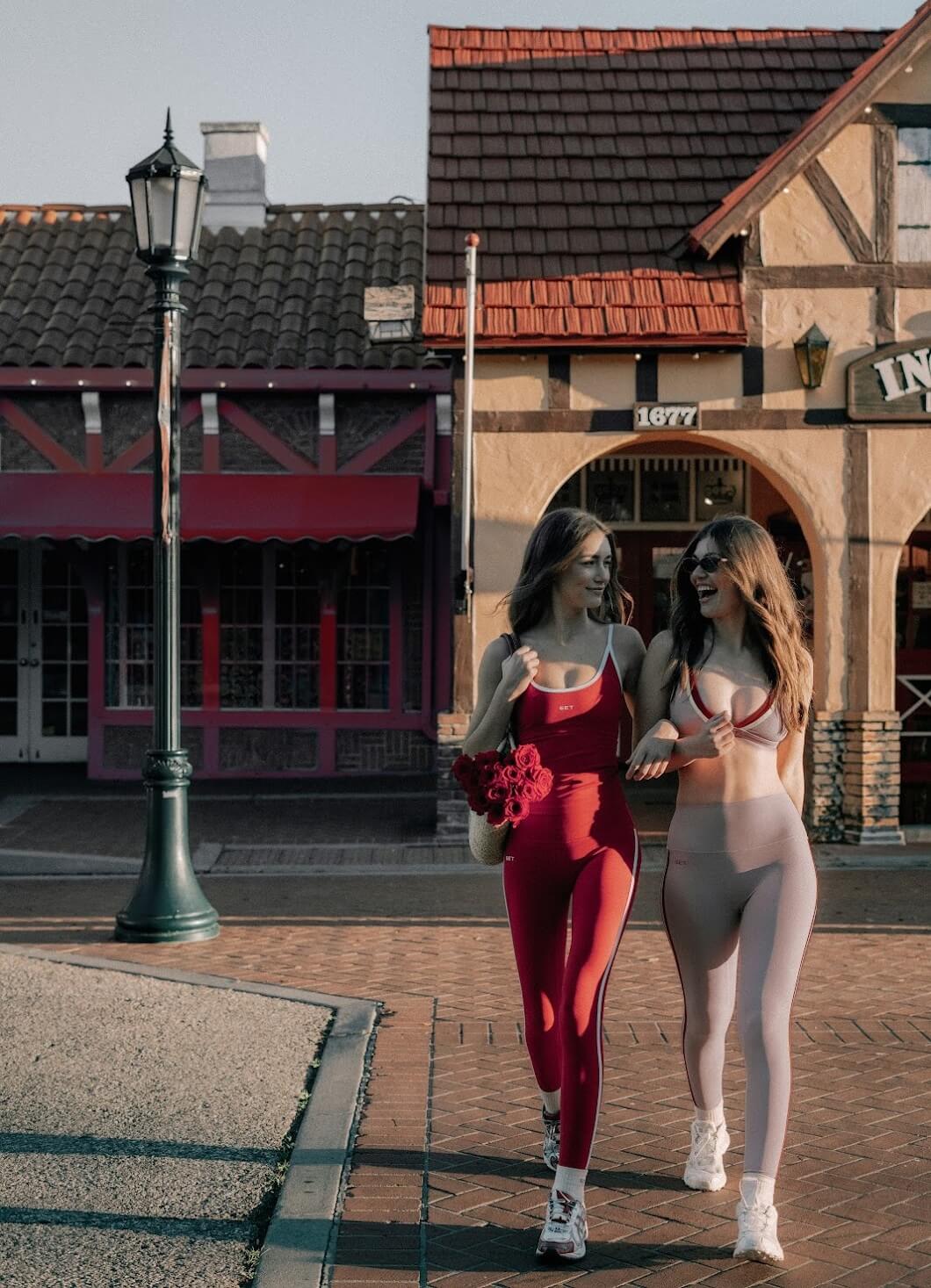Zuma’s Director Of Operations Ivano Guastella On The Power Of Excellence In Hospitality
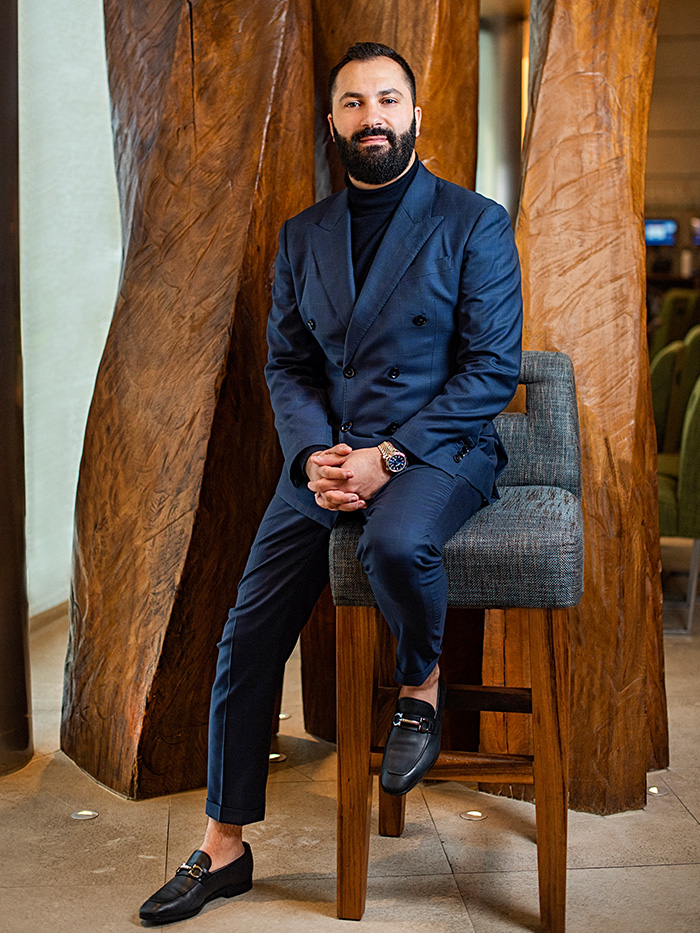 Photo Credit: Kevin Cohen / @signtheagency
Photo Credit: Kevin Cohen / @signtheagency
For over a decade, Ivano Guastella has not stopped striving for excellence in the hospitality industry. As the Director of Operations at the esteemed izakaya-style Japanese restaurant, Zuma, Guastella constantly evolves the business strategy to ensure Zuma remains a premier dining destination. Haute Living sat down with Guastella to hear how he got started in hospitality, how he has maintained a high level of excellence at Zuma, and the invaluable lessons he has learned along the way.
HAUTE LIVING: You have a long, impressive career history in the dining and hospitality industry. How did you first get started?
IVANO GUASTELLA: I started at 16 years old in an authentic French brasserie called ‘Brasserie des Europeens’, in the beautiful town of Annecy — a city right by the biggest natural lake of France. I started from the very bottom, helping in the kitchen, running drinks and food, and made my way up to serving.
HL: Was this industry one you were always passionate about or did you have an ‘aha’ moment when you knew this was a career you were meant to be in?
IG: I initially fell into the industry by accident; my brother, a chef at the time, had advised me to take a summer job and see the industry with my own eyes. I immediately loved everything about it; the products, the pace, the atmosphere, the incredible knowledge and passion of my colleagues, the extreme attention to detail, and the passion of always striving for excellence. After one week, I was hooked. [Then], one day, a renowned Michelin-starred chef, Marc Veryrat, was sitting in my section. At the end of the meal, he praised me for the execution of service, my professionalism, and my genuine interest in excellence. The words were incredibly encouraging, especially at 17 years old — and only starting [in the industry] a few weeks earlier. Coming from a chef of his stature, these few words had a big impact on the decision to pursue this career at its highest level. This was my ‘aha’ moment — I knew I wanted to pursue excellence.
HL: You have held several positions in various Zuma locations globally. What is it about the Zuma brand that makes it so special?
IG: Zuma is incredibly unique in its way of operating. Its solid foundations are what make Zuma very special — each team in their respective markets is 95% focused on the quality of products, the consistency, and the execution of food, beverages, and services. It is a very hands-on, guest-experience-driven brand, which has built the reputation of Zuma today. Knowledge and training are a key part of that process as well. I do think each location has something spectacular and is carefully curated within its stunning surroundings. For example, the Miami location, which is located right by the river, offers a stunning water view and the Rome location provides a beautifully designed interior and a rooftop with a 360 degrees view of the Eternal City and its landmarks.
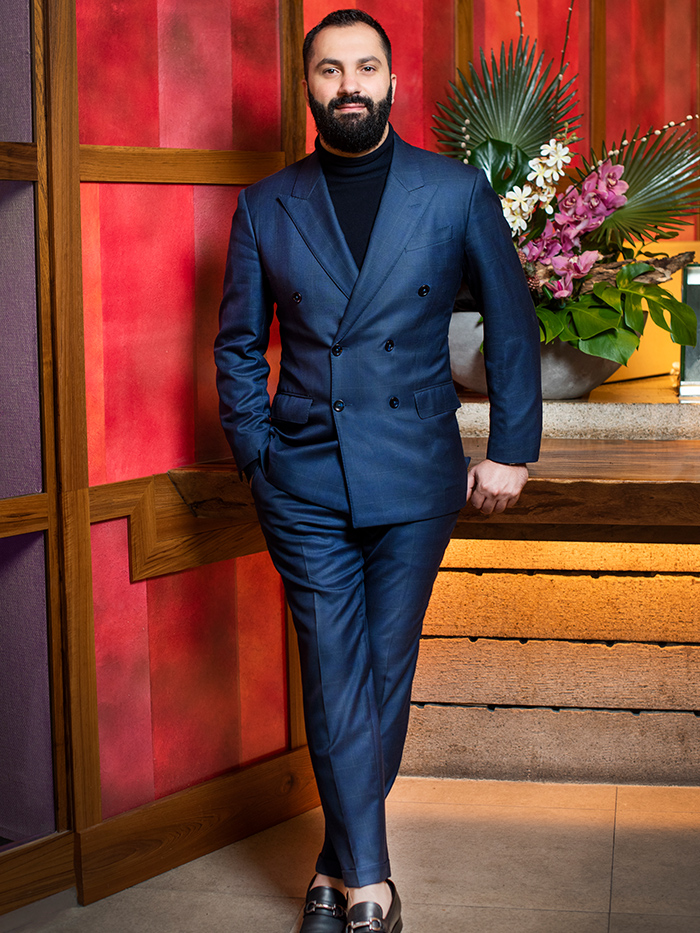 Photo Credit: Kevin Cohen / @signtheagency
Photo Credit: Kevin Cohen / @signtheagency
HL: How do you continue to evolve the Zuma brand as the Director of Operations?
IG: My role and responsibilities consist of overseeing the three locations and ensuring the well-run of each operation, along with the very talented three general managers, thirty managers, and 450+ associates in the region. The main focus is maintaining and strengthening the quality of our products and services in an ever-evolving market, constantly adapting to macro challenges (and opportunities!). Additionally, I try to provide creative ideas and partnerships to strengthen our presence in the local markets.
HL: What qualities do you think are super important when becoming Manager or Director of Operations at an esteemed restaurant like Zuma?
IG: Important qualities are being able to wear multiple hats, having an entrepreneurial spirit, adapting and innovating quickly, leading your team by example, being highly knowledgeable, and never stopping learning. It is essential to travel and see different markets as well. My original goals were to learn and absorb as much knowledge as possible of the culinary arts, wines, spirits, and service in a Michelin-starred environment. After those skills were successfully mastered, I decided to learn about the industry’s business side; I learned how to conceptualize and develop as well as execute complex projects, understand budgeting and forecasting, marketing and PR, management and leadership, and corporate management among other skills.
HL: You also worked at the renowned Hakkasan, winning several awards—what key learnings did you take from Hakkasan to Zuma?
IG: Creative design and branding are two strong components of Hakkasan, and I was lucky to be exposed to this expertise and have learned a lot from it. They have a unique way of operating but very similar to Zuma in its product quality focus, guest-experience-driven culture, and approach to excellent service. The awards in the Middle East are among the proudest moments in my career, not only for the rewards themselves but also for the incredible experience my former colleagues and team members helped me build and achieve.
HL: What are some of your favorite dishes on the menu at Zuma?
IG: Among my top favorite are the Chilean sea bass with ginger dressing, the prawn & black cod gyoza, the lobster tempura, the thinly sliced sea bass with yuzu ponzu, and the selection of meats of the Robata Grill (Japanese Grill).
HL: What advice do you wish you could give to your younger self? Or anyone starting in the industry?
IG: It may sound cliche, but working hard in this industry is incredibly important. I would strongly advise and encourage one to first learn the very foundations of the industry. Learn about service excellence, product knowledge (a MUST!), spirits, wine, food, coffee, and more. Learn about Michelin-starred chefs and key industry leaders. Have a genuine interest in fine dining and how the best restaurants set themselves apart from the rest of the pack. Take in as much information as possible.
Also, learning at an early stage of your career to control your emotions is important in hospitality. You are constantly facing guests and employees—always assess the situation with calmness and serenity and lay out a plan. It’s key to have a big sense of leadership and to share your knowledge. Find a mentor and, in turn, find a ‘mentoree’—it’s the beauty of this business.
HL: And, when you aren’t working, what do you enjoy doing?
IG: I really enjoy golf and tennis, eating out (obviously!), reading, and getting up to speed with financial markets, geopolitics, and investing. I also enjoy quality time with my friends and family.

